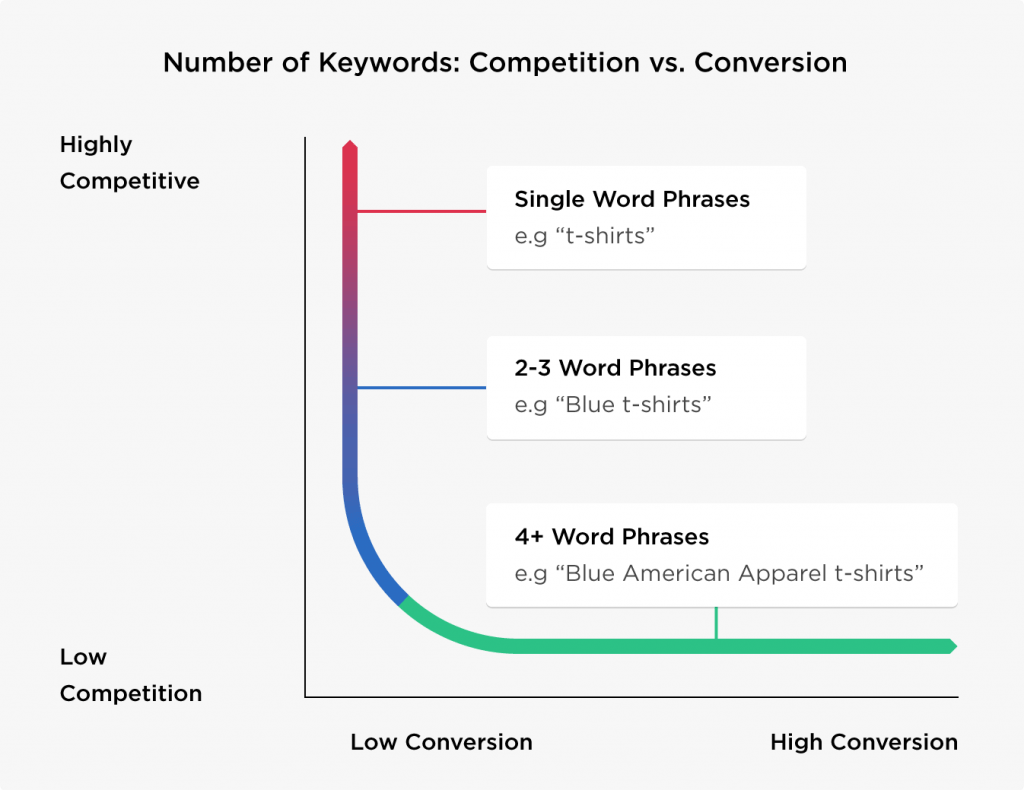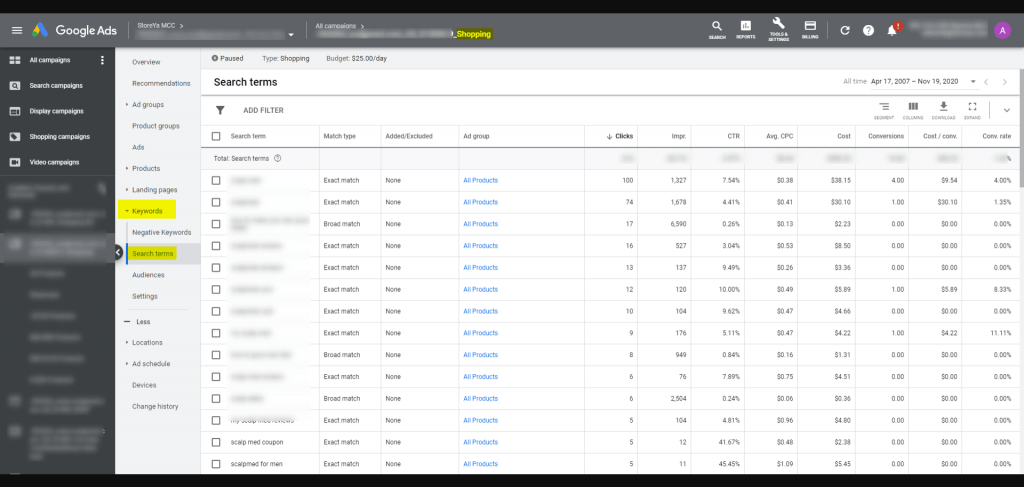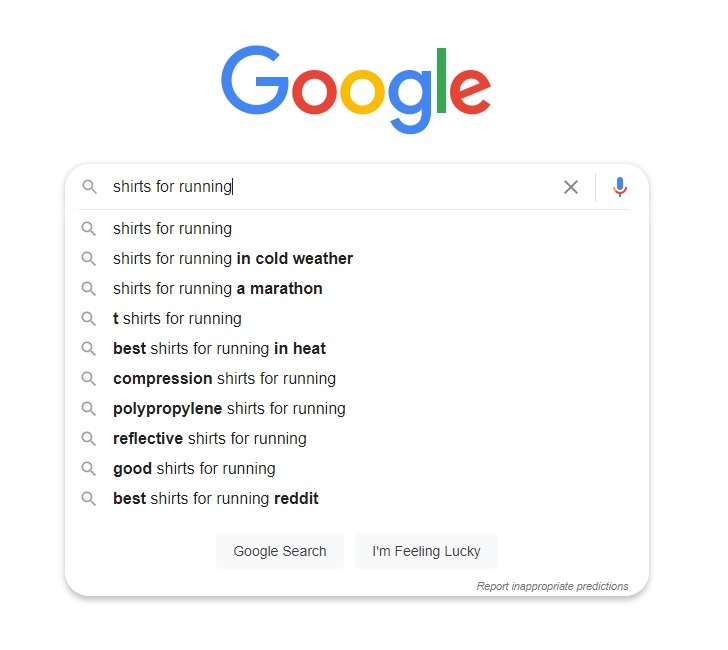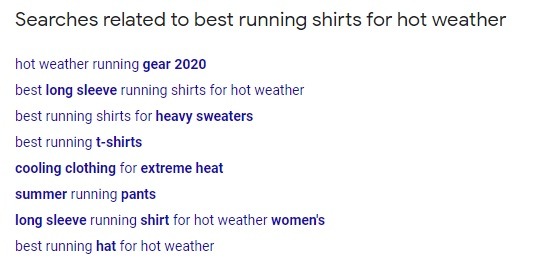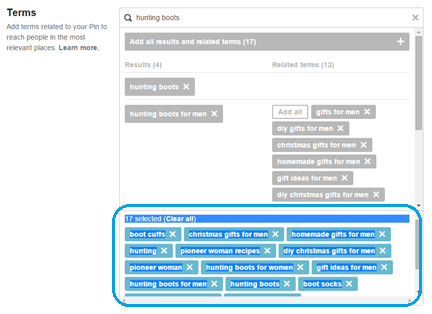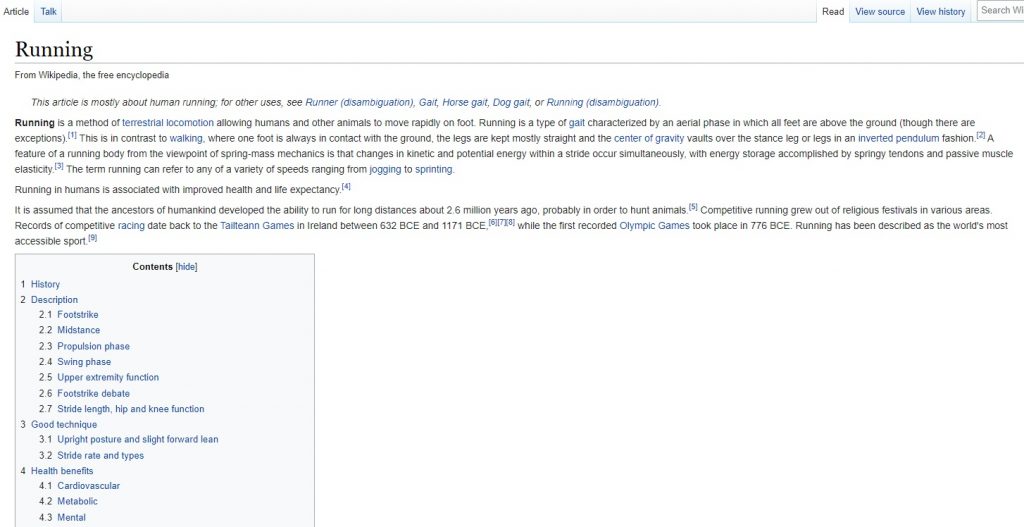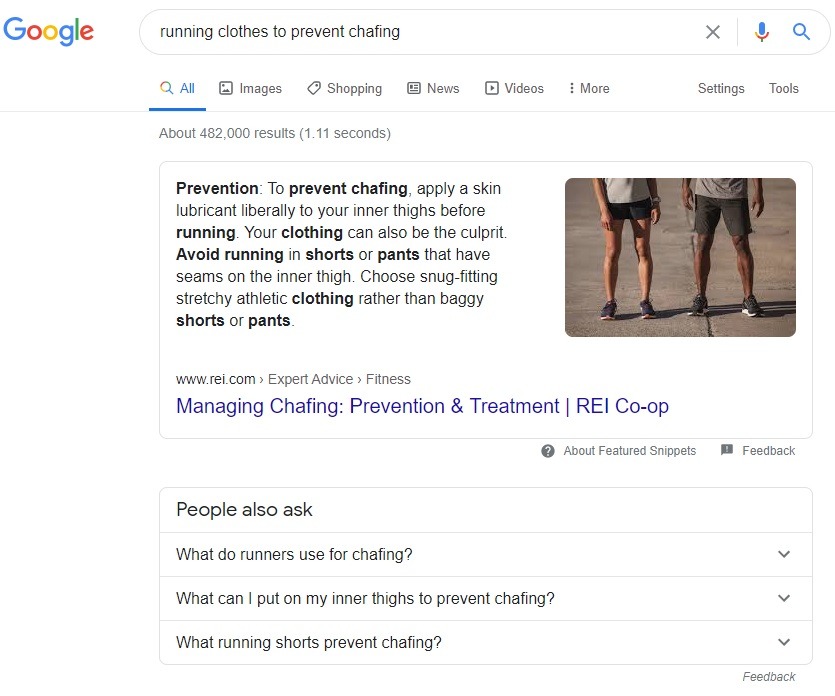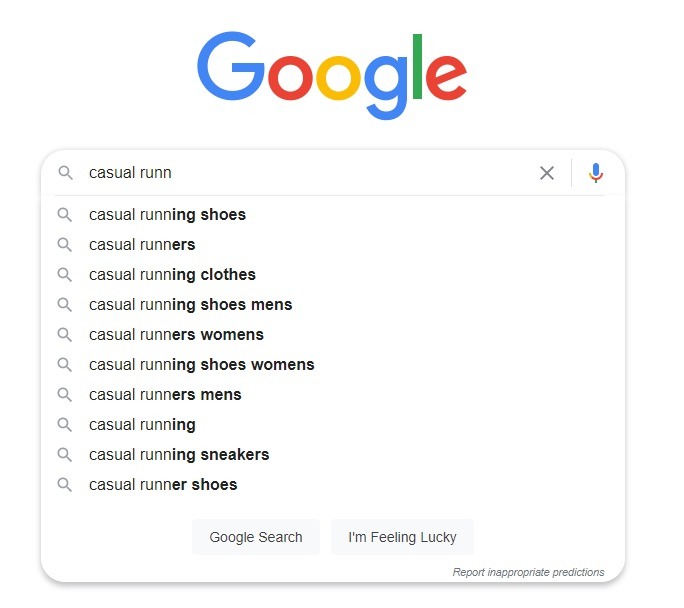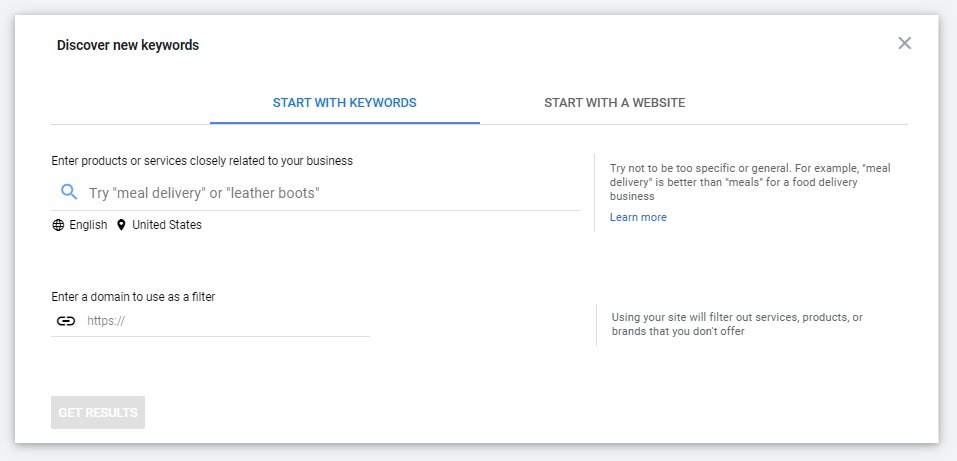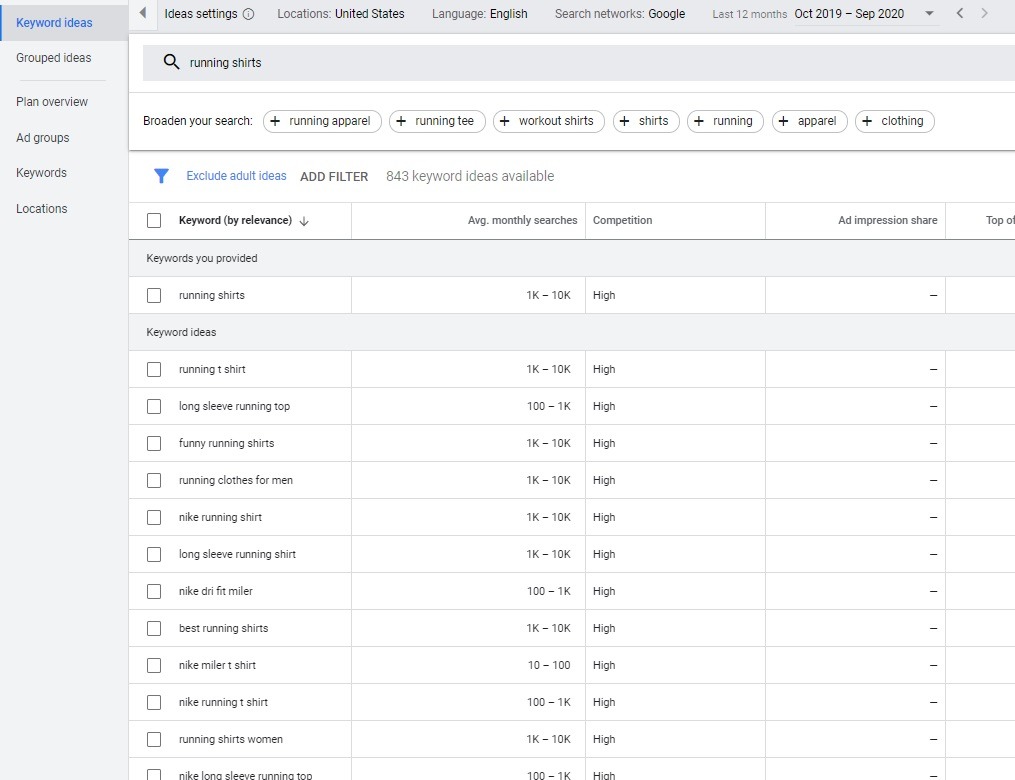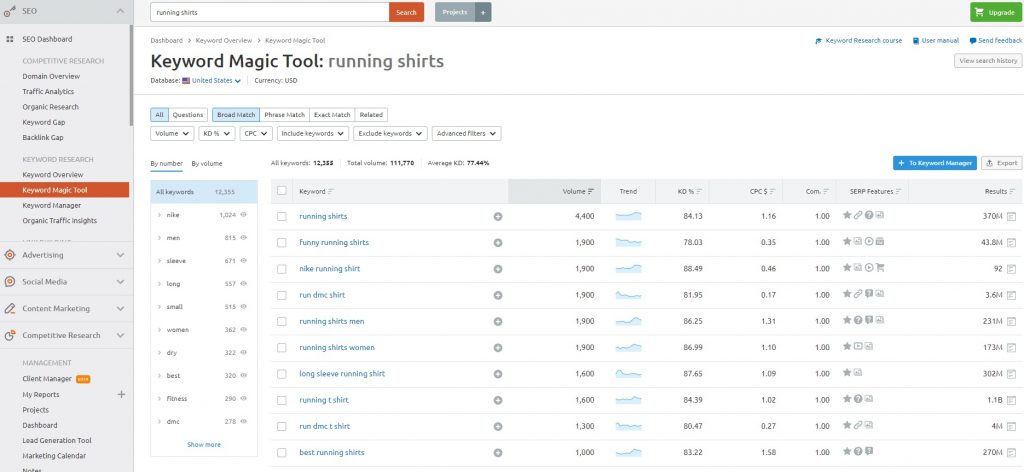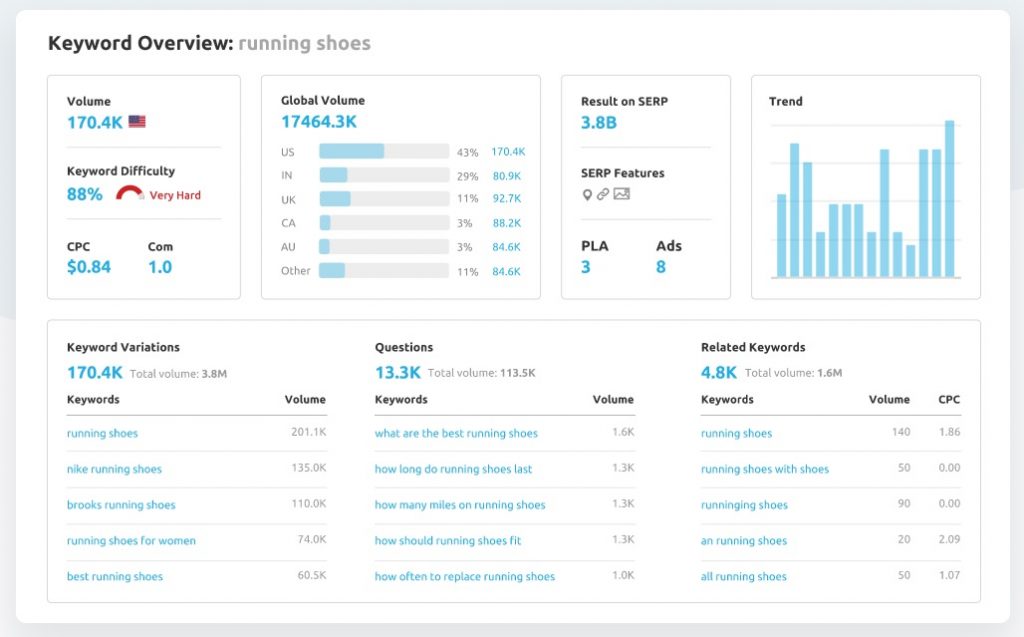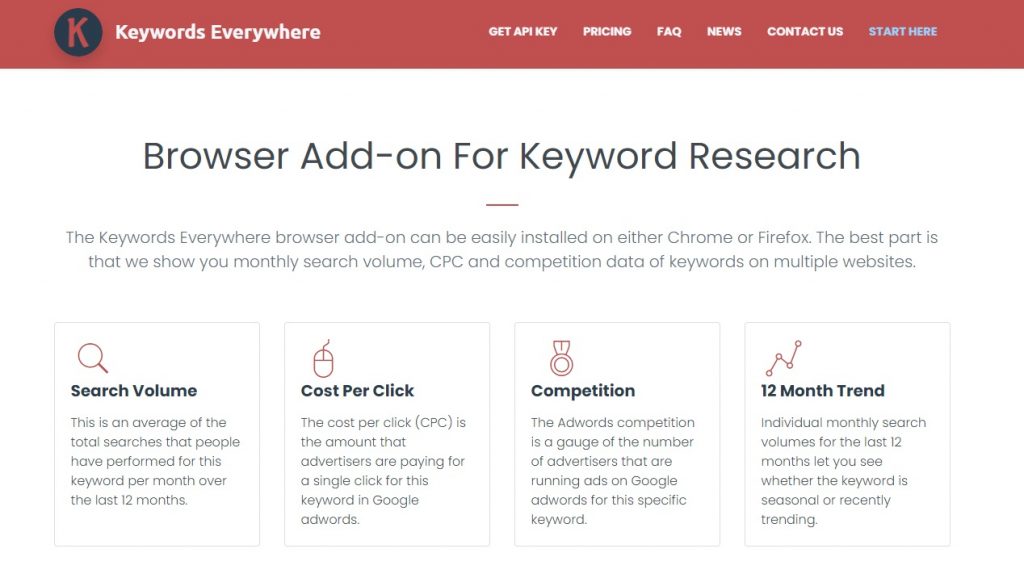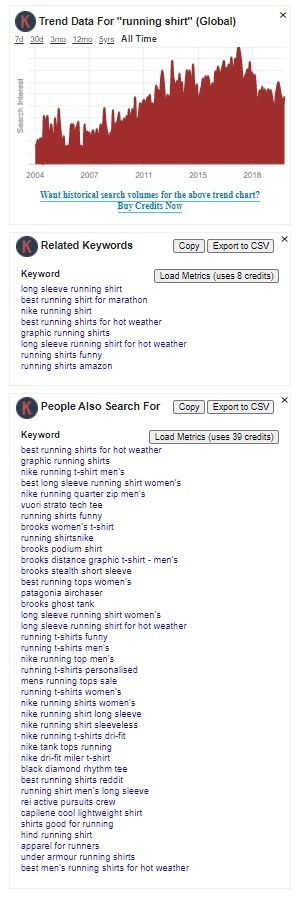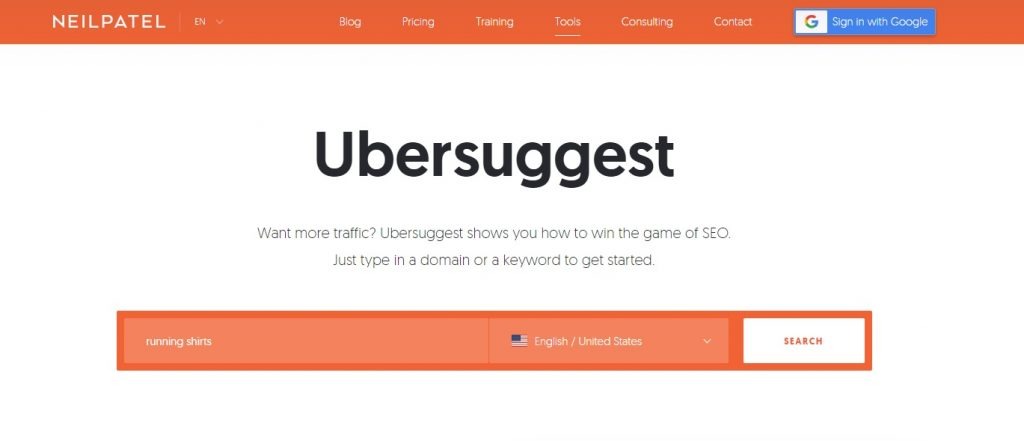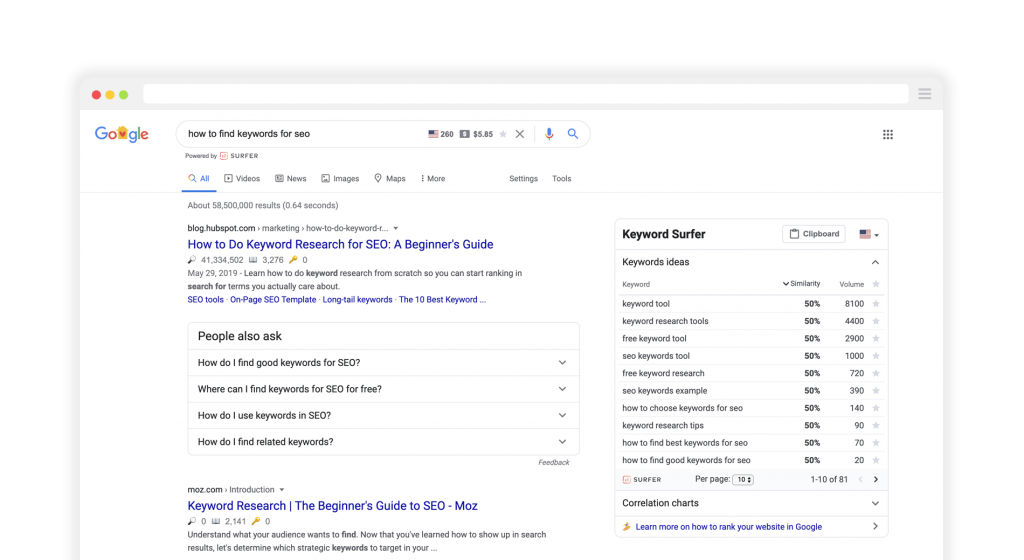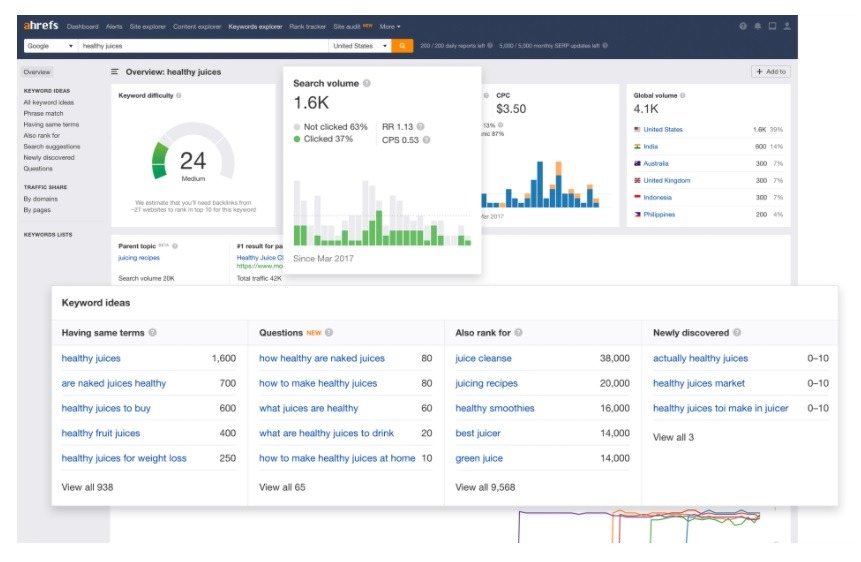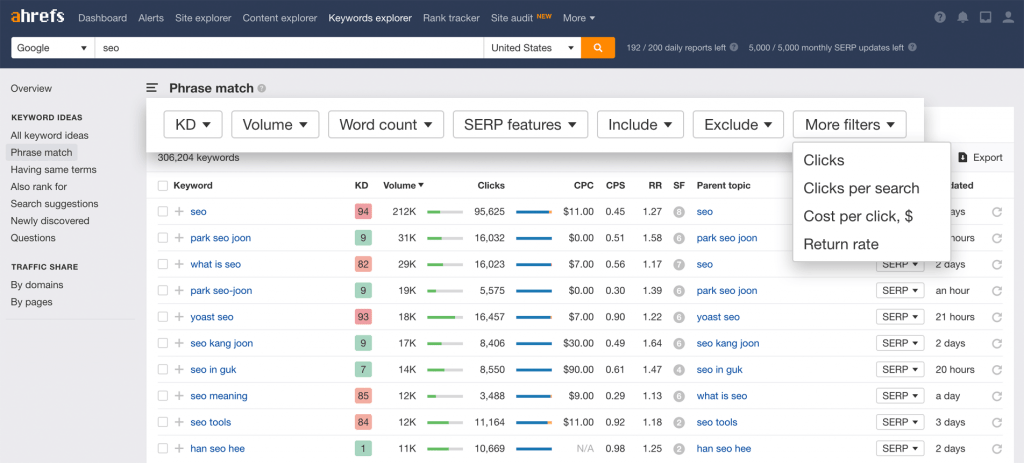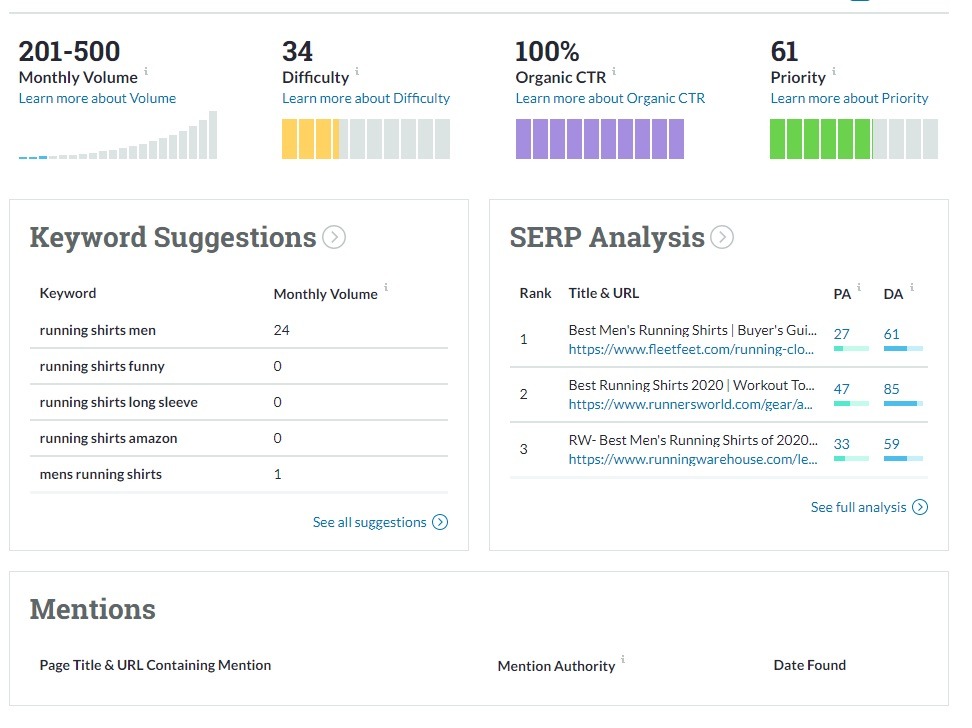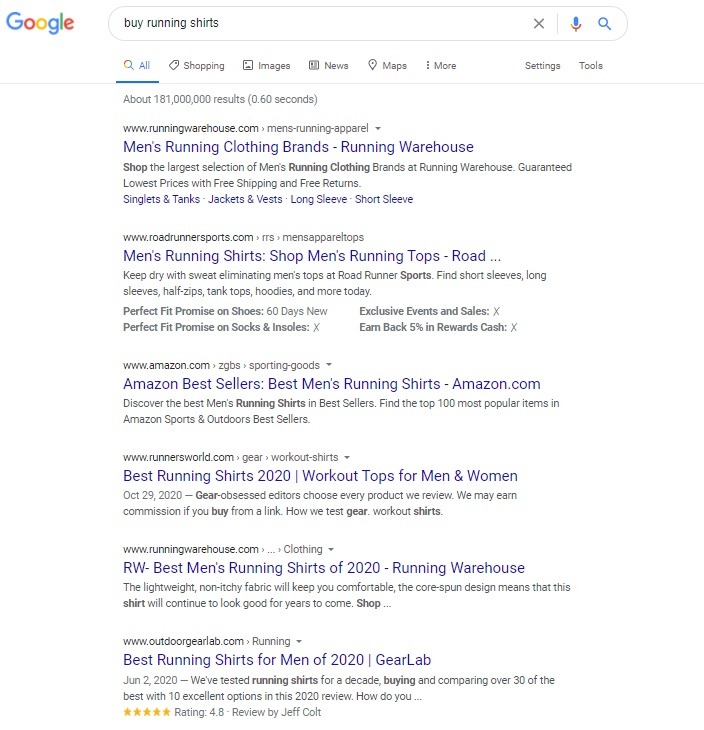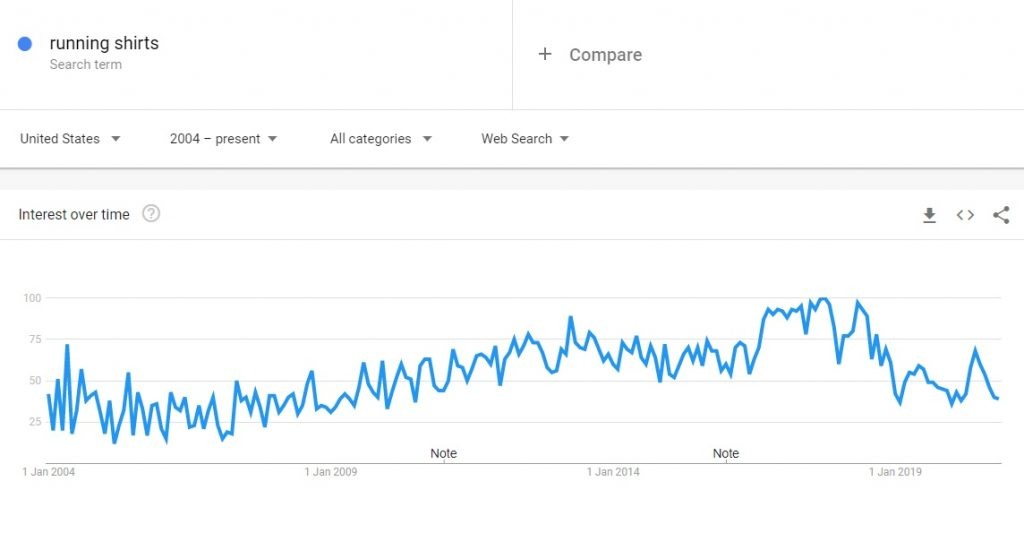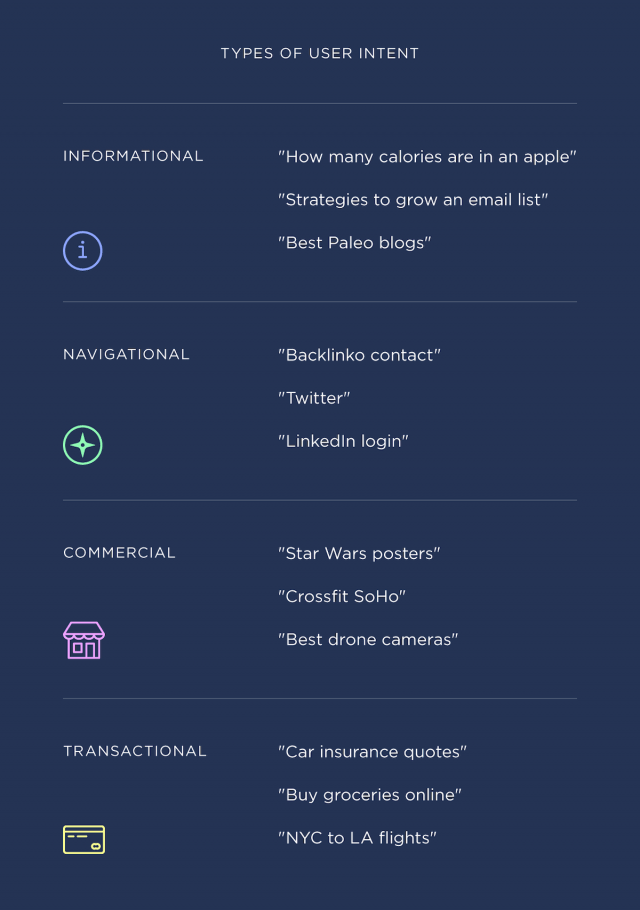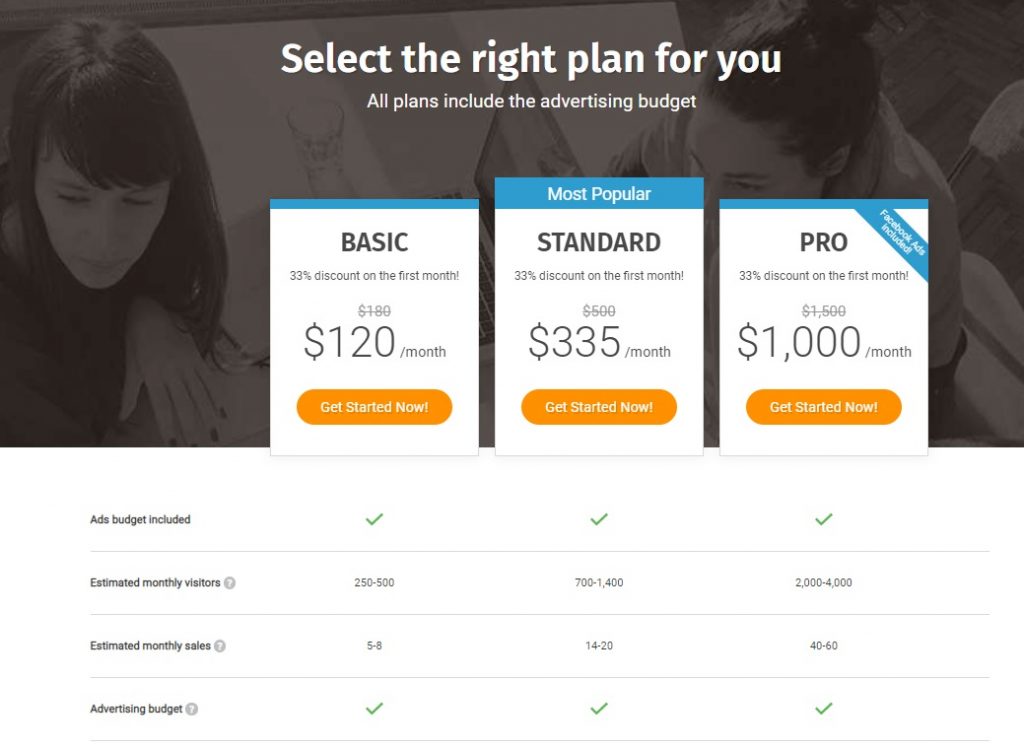If your eCommerce keyword research isn’t being done right, then there is a huge chance your organic and paid traffic is suffering. Think of keywords as a homing beacon or bread crumbs, pulling potential shoppers to your store. Lay down the wrong crumbs, and you risk bringing in the wrong searchers and crushing your ROAS.
Keyword research involves finding the words and phrases potential shoppers are using to search search engines and social platforms for topics related to the niche you’re selling in. Not only is identifying these keywords vital for organic traffic, but they can be used to take your PPC campaigns and content marketing to expert-level.
The thing that really separates successful online stores from newbies is those online store marketers who go beyond the basic, product-based keywords to implement a comprehensive, creative keyword research strategy and implementation – for every aspect of your business including SEO, PPC, and content marketing.
In this full eCommerce keyword research guide, we answer these critical questions:
- How to do eCommerce research the right way
- Where to find effective eCommerce keywords
- How to choose the right eCommerce keywords for your goals
- The top eCommerce keyword hacks every seller needs to know
Understanding Keyword Difficulty
Before we get to the “how,” it’s essential to understand a little bit about what you will be looking for. Keyword difficulty terminology is an important decider of how competitive, expensive, or effective a keyword is going to be.
If you choose a highly competitive keyword or phrase, you’re going to have trouble getting onto the first couple of search pages when it comes to organic traffic. For PPC, this could mean they are too costly for you to compete – unless, of course, you are getting the clicks to back up the spend. But more on that later.
So how do you assess a keyword’s difficulty before you pick it?
Generally speaking, long-tail keywords will have less competition while single words will be highly competitive. Here’s a good comparison of competition vs. conversion based on keyword difficulty from Backlinko.
Generally speaking, the lower the competition the higher the conversion rate opportunities. But it’s important to point out, here, that other factors such as relevancy will play a part in the effectiveness of your chosen keywords – but more on that later. For now, here is an explanation of the types of keywords and their difficulty:
- ‘Head terms’ are single-word keywords. Although they offer the most considerable search volume potential, they also come with the most competition and tend to be the most difficult to keep relevant, resulting in low conversion potential.
- Two- or three-word phrases, ‘body keywords’ will offer good search volume but less competition and increased relevancy, leading to higher conversion chances.
- Lastly, long-tail keywords are longer, more specific phrases that, although offering the lowest search volume, also likely have the least amount of competition and highest relevance potential.
A good eCommerce keyword strategy will focus on and test various keyword types for overall store SEO, specific product description SEO, content marketing, and Google campaigns.
How to Find eCommerce Keywords
Now that you know the types of keywords you should be researching, it’s time to look at how to do eCommerce keyword research like a pro. Yes, keyword research tools are essential to your search, but so are these eCommerce keyword research hacks.
Some of these will be basic while others will require much more leg-work; what’s important is varying your research so that you can think outside the box, continually find new phrases and terms, and optimize your keyword strategy.
Let’s dig in.
1. Use Successful Shopping Products to Kick Off Your Research
It’s easy to get distracted by your store’s best-sellers on your hunt for keywords. They’ve proved to be converters, and who wouldn’t want more traffic to those? But sometimes, your overall best-sellers and those performing well in PPC campaigns differ.
The highest-performing products from Shopping campaigns themselves are an excellent place to start when doing eCommerce keyword research. By inserting Shopping products with the highest impressions into your keyword research tool, you can find related keyword opportunities.
But that’s not the only place to check with regard to Shopping campaigns on your search for the best eCommerce keywords for your brand.
Bonus Content: Everything You Need to Know to Win with Google Shopping
2. Mine Your Shopping Search Query Reports for Keyword Winners
Where better to look for new phrases and negative keyword ideas than in your search terms report? In fact, focusing specifically on your Shopping campaign search queries offers a treasure trove of new keyword opportunities you can test. As you know, your Shopping campaigns are deployed based on your product feeds, not campaign keywords. But that doesn’t mean Google isn’t tracking the queries that lead to impressions and clicks – queries that you may not be using yet in your other campaigns, SEO keyword strategies, and content marketing.
You can find search terms for Shopping campaigns by browsing to the Shopping campaign and clicking on ‘Keywords’ tab and then on the ‘Search terms’ sub-tab
3. Uncover Keyword Treasures in Your Dynamic Search Ad Queries
Another eCommerce Google campaign type analytic that is packed full of keyword inspiration is your Dynamic Search ads. Because eCommerce DSAs are automatically targeted to search queries based on content with Google’s own web-crawling tech, there are a lot of analytics with these campaigns you can leverage in terms of keyword research. One of the most significant advantages of implementing DSAs is that they will enable you to fill in gaps you may have missed with your keyword coverage, opening your eyes to ample keyword opportunities you can then use for other PPC campaigns and traffic strategies.
So, how can you do just that?
By accessing the list of search queries your Dynamic campaigns match to. From your search queries report, click ‘Dynamic ad targets,’ then the ‘Search terms’ tab, and finally select the ‘Search term and landing page’ drop-down menu in the top right corner of the table.
4. Go Back to eCommerce Research Basics on Bing, YouTube, and Google Search Suggestions
Don’t forget the very basics of eCommerce keyword research: suggestion functions. Suggestion functions on Google, YouTube, and Bing may be simple, but they also point to popular topics being searched. Topics you can then use to fine-tune keyword brainstorming for campaigns or niche-specific content marketing to bring more traffic to your store.
As a bonus, you can also use suggestion features to help brainstorm new popular products for your niche.
5. Use Google’s “Searches Related To” Feature
Don’t forget to also look at related searching while you are using Google Search for keyword research. Using the above Google search example, here are the associated searches Google gives us at the bottom of the first SERP:
This and the Suggest feature are like getting a cheat-sheet from Google itself – pointing to popular searches in their engine. The trick with the latter is clicking on those ‘related to’ results and scrolling down again – and so on.
Now let’s move away from Google and venture into keyword research tactics on other powerful platforms that you may not be familiar with.
6. Harness the Power of Pinterest
Using Pinterest as an eCommerce keyword research tool is not a new strategy. In fact, Search Engine Land first wrote about using Pinterest as a data source here in 2015. However, it’s still relatively under-used. There are several ways you can hack Pinterest to get keyword ideas; let’s look at each.
- Hacking your Promoted pins data analytics for keyword ideas
- Exploring Pinterest’s guided search tabs
- Using Pinterest’s platform search suggestion function
These tools will help you brainstorm what your specific niche audience is interested in and how they are searching for it.
Bonus Content: Pinterest Ads for eCommerce [Full Guide]
7. Dig into Wikipedia’s Table of Contents
Another platform worth exploring on your hunt for new keywords is Wikipedia. This may seem like a strange one but bear with us here because it’s packed with opportunities. Let’s run with the niche example, ‘running clothing,’ we’ve been working with in this post.
Once you have searched your niche topic, you will be taken to the broad topic. There, the content itself will offer keyword suggestions, and the content section will point to subtopics.
For a topic as broad as the example we are using, these options may seem too broad and will take a little more digging. For instance, you could scroll the contents to find something related to clothing, which in this case could be chafing.
This, in turn, can point to possible long-tail keywords or topics you can investigate and then put into Google.
8. Research Keywords on Reddit
Another platform worth exploring when researching keywords is Reddit. This forum is packed full of user insights, search potential, and niche topics related to your brand.
There are two ways you can tap into the power of Reddit. One is searching the platform to see what terms your potential shoppers may be using. The other is accessing niche-related subreddits (forums) to get an inside look into the discussions your potential customers are having, passions they are sharing, and questions they are asking.
You will also want to pay attention to discussions getting a lot of upvotes and engagement. These topics can then be used in your keyword tools to find long- and short-tail keywords with search volume potential with less competition.
Top eCommerce Keyword Research Tools
Next, let’s look at leading keyword tools. There are a variety of keyword research tools out there, some free and some paid. No matter which you choose, we suggest having at least two tools in your eCommerce keyword research arsenal. Let’s look at a few of them.
1. Google Keyword Planner
Pricing: Free
Google’s free tool, Keyword Planner, is a reliable place to start when searching for new keywords.
The most significant advantage of using Google’s own tool is that data comes directly from Google itself. The biggest disadvantage is that the suggestions you’re getting are designed explicitly for Google Ads campaigns in terms of search volume and competition.
That being said, it should be your first port of call for eCommerce keyword research, regardless of whether you are doing research for content marketing, SEO, product pages, or PPC campaigns.
2. SEMrush
Pricing: Some features are free, but if you want to full toolkit the prices are from $99.95 per month with a free trial
SEMrush SEO keyword research toolkit is another popular choice for researching keywords. With this tool, you can explore your potential keywords to estimate value and competition, get an inside look at a complete list of your competitors’ keyword rankings, research new keywords, and analyze your current keywords.
3. Keywords Everywhere
Pricing: Free features and then from $10 for 100,000 credits.
Keywords Everywhere is a browser add-on. The most significant advantage of this is that whenever you use Google to search for something for your store or niche, it gives you real-time keyword variations.
4. Ubersuggest
Pricing: Free
Using data from Google’s Suggest function specifically, Ubersuggest is a handy tool to use when doing your keyword research and brainstorming. Like with most keyword research tools, it provides potential CPC, search volume, and keyword difficulty. Another handy feature is the content ideas section, helping with eCommerce blog ideas for your niche.
5. Keyword Surfer
Pricing: Free Chrome extension (From $49.20 per month for the full platform)
Keyword Surfer is a 100% free extension that allows you to see search volumes directly in Google search results.
6. Ahrefs
Pricing: From $99 per month
One of the most popular keyword tools is Ahrefs. In essence, Ahrefs is a link-building tool. However, its Keywords Explorer offers heaps of data for your keyword shortlist. Offering thousands of keyword suggestions based on ten different search engines, extensive search volume and click metrics, keyword difficulty score, parent topic features, SERP Overview & Positions History, and more.
7. Moz
Pricing: Free and pro versions from $99 per month
Moz offers a free, entry-level keyword research tool. However, Moz Pro is an all-in-one SEO tool that includes more robust keyword research functionalities. These features include ranking tracking, SEO site audit, link opportunities, and more.
How to Choose the Right eCommerce Keywords in 7 Steps
Unfortunately, there is no cookie-cutter strategy or all-in-one tool that will tell you the best keywords for your brand, goals, or market. The only way to deduce the right eCommerce keywords for your needs is to narrow your research to a shortlist. You then need to test them against your strategy and goals.
Once you have done the research and narrowed down some potential keywords, here are seven steps you should take to help ensure you are choosing the right terms for your business, niche, products, or objectives.
Step 1: Ask Yourself Whether It’s a Good Brand and Business Fit
The first and most important step is asking yourself whether the keyword fits your business and is relevant for its cause. The search volume can look promising and the CPCs on budget target if you’re planning on using the keywords in campaigns, but if they don’t fit your brand in terms of relevancy or aren’t in line with what your specific target audience may be searching for, they won’t be winners.
It’s easy to veto a potential keyword if it isn’t related to your brand, product, or the landing page you are using it for. Veto-ing a term based on your specific target audience is another story; you will need to assess based on the next steps and then ultimately test with small budgets – but more on that later.
Step 2: Asses Search Volume Potential
The next step in choosing the right keyword is pretty straight forward: checking to see there is search volume potential. The ideal volume will differ greatly from niche to niche, and you will need to compare the volume potential against your current high-ranking keywords to determine whether it’s enough for your brand.
Step 3: Review Its Difficulty
The next determining factor for narrowing down your keyword list is difficulty – which we discussed at the being of the post. As we mention, the aim is to find low-competition terms offering the highest volume possible.
Step 4: Estimate Your Organic CTR Potential (SEO)
Once you have narrowed down your keyword potential list by volume and competition, you will want to estimate the amount of CTR potential they could bring – especially for keywords aimed at meeting SEO goals.
You can do this by looking at SERPs for each keyword and looking out for featured snippets and Google Ads. If there is a lot of paid content on the page, with snippets, even if you organically rank on the first page under all that content, the chances of getting a click will be lower. Alternatively, and more efficiently, you can use tools like Ahrefs and Moz Pro, which give estimated organic CTR.
Step 5: Evaluate CPCs Against Budget and ROAS Potential (PPC)
Step five of choosing the right keyword is assessing its CPC. This step is specifically crucial for campaign keywords.
Here’s the thing: a keyword can have huge search volumes, but if the percentage of people using that search have little or no interest in shopping, the ROAS would be in the toilet.
Another thing to consider is that even if a CPC seems high, if it will get you the sales, then the return on investment will be worth it.
The trick is finding keywords with search potential, low competition, and a manageable CPC that you could then test on small-budget campaigns. Once optimized, if the keyword proves promising in terms of ROAS, you can beef up your spend.
Step 6: Gauge Its Trend Potential
Let’s assess the potential for growth or death. By putting the keyword into Google Trends, you can quickly evaluate whether the search term is growing, standing steady, or already dying a slow death.
If you see that the potential keyword is on a downward trend, you may wait to remove it from the shortlist. If it’s holding steady like the above, it’s safe to say it’s worth testing.
Step 7: Test, Test, Test
Lastly, before investing in big changes for SEO, throwing full budgets into campaigns, or restructuring your whole content marketing strategy around a keyword, you will want to test. This means starting with one page if optimizing for SEO, a small, low-budget campaign for PPC keyword optimization, tweaks on product pages, or starting with one post for content marketing – which you can optimize, assess, and expand on once it proves successful.
4 Expert eCommerce Keyword Hacks
If you’ve come this far, you are well on your way to becoming good at eCommerce keyword research. Now it’s time to look at 4 eCommerce keyword research hacks that will take you from good to expert.
1. Measure Keywords Against Searcher Intent
As we mentioned in step 1 of the previous section, assessing buying intent is difficult but important when evaluating a potential keyword. To do this, you can ask yourself: What might a searcher expect to see when looking up the keyword? If a keyword ticks all the boxes but still gets low clicks despite being ranked or placed well, this could point to search intent problems. In other words, the content they reach doesn’t match what they expect to see when searching that term.
Search intent is divided into informational, navigational, commercial, and transactional. Here are examples of each from Backlinko.
Optimizing for search intent is an involved topic; we suggest heading over to Moz’s Quick Guide to Search Intent and SEO.
2. Go Beyond Product Keywords to Find Diamonds in the Rough
Throughout this post, we have focused on making sure you find relevant keywords for your brand, products, and content. With this expert hack, you need to ignore all that to search for ‘shoulder keywords.’ These keywords aren’t directly related to your brand but rather ones that your target shopper is actively searching for. These are particularly important when planning an eCommerce blog for content marketing and SEO value.
Who buys running shirts? Runners. Even though they aren’t actively searching to buy running shoes, they are exploring their sport. So if your store sells running shirts, chances are potential shoppers who are interested in buying shirts would also be searching for:
- How to perfect running stride
- Running tips
- How to stop chafing while running long distances
- The best running program for beginners/intermediate runners
Finding these gems and implementing them into your content will go a long way toward bringing more potential shoppers to your store through content marketing and SEO.
3. Test the ‘Barnacle SEO’ Approach
The last expert eCommerce keyword hack for SEO involves an approach sometimes referred to as ‘barnacle SEO.’ This approach is when you find other pages/terms that are ranking first on search pages. If you see your competitors have a keyword kicking butt in terms of organic ranking, you can create a variety of content (blog posts, YouTube video guides, etc.) using that high-performing keyword/phrase, making sure it’s SEO-optimized to the max.
4. Take All the Guess-Work out of PPC Keyword and Campaign Management
Lastly, when it comes to Google keywords and ensuring you get the ultimate ROAS, it’s time to give the Traffic Booster tool a try. Traffic Booster takes over all your campaign work, including keyword optimization for Google and YouTube, without any additional spend. Meaning you only pay the budget of the campaign.
—
There you have it, your full guide to eCommerce keyword research. Still got questions? Post them in the comments section below and we will answer them for you.

Nicole is a content writer with over sixteen years experience and flair for storytelling. She runs on a healthy dose of caffeine and enthusiasm. When she's not researching the next content trend or creating business content strategies, she's an avid beachgoer, coffee shop junkie and hangs out on LinkedIn.
Recommended articles
 Facebook Ads for eCommerce: 16 Strategies, Examples & Tips
Facebook Ads for eCommerce: 16 Strategies, Examples & Tips
 How to Build a Winning eCommerce Ads Strategy
How to Build a Winning eCommerce Ads Strategy
 Google Ads for eCommerce: Everything You Need to Know
Google Ads for eCommerce: Everything You Need to Know
 10X Your Traffic with PPC Management Software
10X Your Traffic with PPC Management Software
Comments
Powered by Facebook Comments
